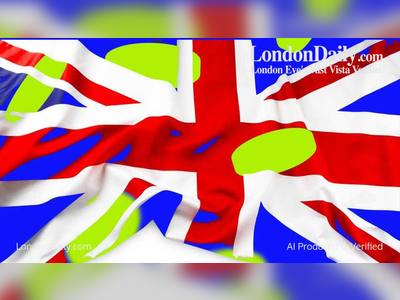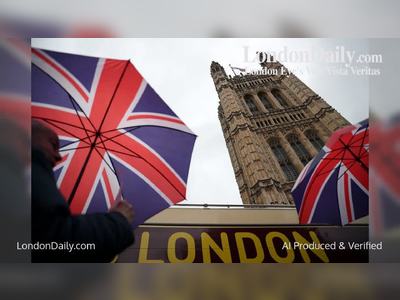
UK High Court Limits Copyright Liability for Generative AI in Getty vs Stability AI
Landmark judgment finds Stability AI not liable for secondary copyright infringement but liable for limited trademark breaches
In a highly anticipated judgment delivered on 4 November 2025, the UK High Court held that Stability AI is not liable for copyright infringement arising from the download of its model by parties in the United Kingdom — a ruling that substantially narrows the legal exposure of generative-AI developers operating globally.
The court found, however, that Stability AI is liable for limited and historical trademark infringement in respect of certain outputs bearing Getty Images watermarks.
The only remaining copyright issue before the court was whether a copy of the AI model constituted an “infringing copy” in the UK under the doctrine of secondary infringement — importing, possessing or dealing with an article which the defendant knows or has reason to believe is an infringing copy of a copyright work.
In its analysis the court first held that intangible electronic copies (such as software or cloud-based models) are capable of being an “article” for these purposes.
It then held that the downloads of certain versions of the Stable Diffusion model did amount to importation of an “article” into the UK.
However, the court went on to determine that the model itself did not qualify as an infringing copy because it never stored or contained a copy of a Getty copyright work.
Getty had withdrawn its primary claims of direct copyright infringement and database-right misuse because the alleged training activity did not occur in the UK. With only the secondary-infringement claim remaining, the court concluded it must fail where the “article” never contained the copyrighted works in question.
On the trademark front the judge found that some early versions of Stable Diffusion generated output images bearing Getty’s “iStock” or “Getty Images” watermarks, and upheld liability for infringement of those registered marks — because the average consumer would perceive the output as the commercial communications of Stability AI.
The outcome is widely regarded as a favourable result for developers of generative-AI models which follow a similar architecture to Stable Diffusion.
Lawyers observed that the decision confirms the territorial limits of UK copyright law in the context of AI-training outside the UK, and clarifies that liability for secondary infringement will depend on whether a model contains a copy of a work, not simply uses it in a training dataset.
Right-holders, meanwhile, warn that the decision underlines the need for legislative reform to adapt existing intellectual-property laws to the AI era.
While the ruling offers much-needed clarity in one jurisdiction, it does not address the broader question of whether training AI models on copyrighted content without consent constitutes infringement.
With reform of the UK’s copyright regime under active consultation, stakeholders on both sides of the debate are already looking ahead to new statutory rules and further litigation.
The court found, however, that Stability AI is liable for limited and historical trademark infringement in respect of certain outputs bearing Getty Images watermarks.
The only remaining copyright issue before the court was whether a copy of the AI model constituted an “infringing copy” in the UK under the doctrine of secondary infringement — importing, possessing or dealing with an article which the defendant knows or has reason to believe is an infringing copy of a copyright work.
In its analysis the court first held that intangible electronic copies (such as software or cloud-based models) are capable of being an “article” for these purposes.
It then held that the downloads of certain versions of the Stable Diffusion model did amount to importation of an “article” into the UK.
However, the court went on to determine that the model itself did not qualify as an infringing copy because it never stored or contained a copy of a Getty copyright work.
Getty had withdrawn its primary claims of direct copyright infringement and database-right misuse because the alleged training activity did not occur in the UK. With only the secondary-infringement claim remaining, the court concluded it must fail where the “article” never contained the copyrighted works in question.
On the trademark front the judge found that some early versions of Stable Diffusion generated output images bearing Getty’s “iStock” or “Getty Images” watermarks, and upheld liability for infringement of those registered marks — because the average consumer would perceive the output as the commercial communications of Stability AI.
The outcome is widely regarded as a favourable result for developers of generative-AI models which follow a similar architecture to Stable Diffusion.
Lawyers observed that the decision confirms the territorial limits of UK copyright law in the context of AI-training outside the UK, and clarifies that liability for secondary infringement will depend on whether a model contains a copy of a work, not simply uses it in a training dataset.
Right-holders, meanwhile, warn that the decision underlines the need for legislative reform to adapt existing intellectual-property laws to the AI era.
While the ruling offers much-needed clarity in one jurisdiction, it does not address the broader question of whether training AI models on copyrighted content without consent constitutes infringement.
With reform of the UK’s copyright regime under active consultation, stakeholders on both sides of the debate are already looking ahead to new statutory rules and further litigation.










